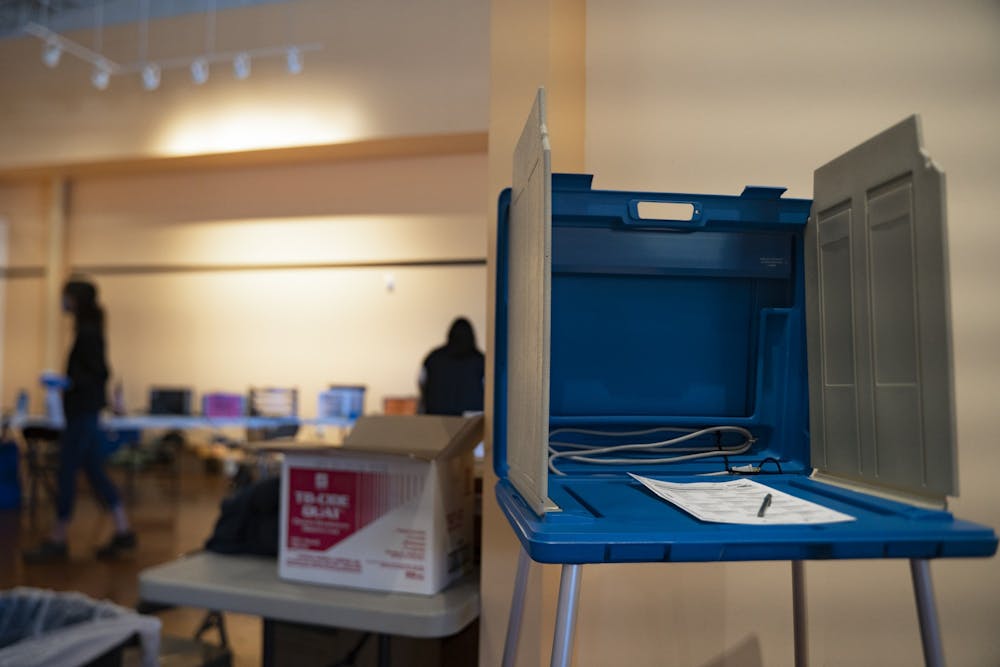Generation Z is tougher than you might think. We can’t relate to millennials who grew up in the '90s bliss of brick cell phones and Tamagotchis. Those who knew a world before the Twin Towers collapsed, before mass shootings were live-streamed on Facebook and before climate change accelerated to a point of no return.
We’re the most racially and ethnically diverse generation ever – 52 percent of Gen Z are white, compared to 61 percent of Millennials and 82 percent of Baby Boomers. By 2026, we’ll be the first generation to be majority non-white.
We push an agenda of racial and economic equality, even when the message is as simple and as human as Black Lives Matter. We do this even when our opposition is systemic and as dangerous as a city’s police force or a malignantly narcissistic and outwardly racist president.
One-in-ten eligible voters is Gen Z, and we’re already voting at unprecedented levels. A Harvard Youth Poll found only 47 percent of 18 to 29-year-olds planned to vote in 2016, but 63 percent are planning to vote in 2020. Already, over 200,000 ballots have been cast in North Carolina by young voters, compared to 25,000 in 2016.
While 30 percent of Boomers, and 45 percent of the Silent Generation, think America is the greatest country in the world, only 14 percent of Gen Z say the same. We don’t hate America, but after being fed endless patriotic rhetoric in elementary and middle school, we’re disillusioned with this country’s reality.
We aim higher for America because we know it’s possible. We see it in other countries, like Finland, Denmark and Norway, whose success is measured by their citizens' happiness, not their stock market or tax rates.
Measured by happiness, Gen Z ranks the lowest — we are the most stressed and depressed generation, according to an October report from the American Psychological Association.
By having the worst coronavirus response in the world, our government has cost us our early 20s, our jobs and our physical and mental health. But while our stress has been exacerbated this year, 90 percent of Gen Z adults reported stress even before the pandemic, largely due to financial concerns.
Income inequality is growing exponentially, student loans are becoming more difficult to pay off and the impending repeal of the Affordable Care Act will kick us off our parents' health insurance. The remedies are so simple, but politicized to benefit the wealthiest among us.




